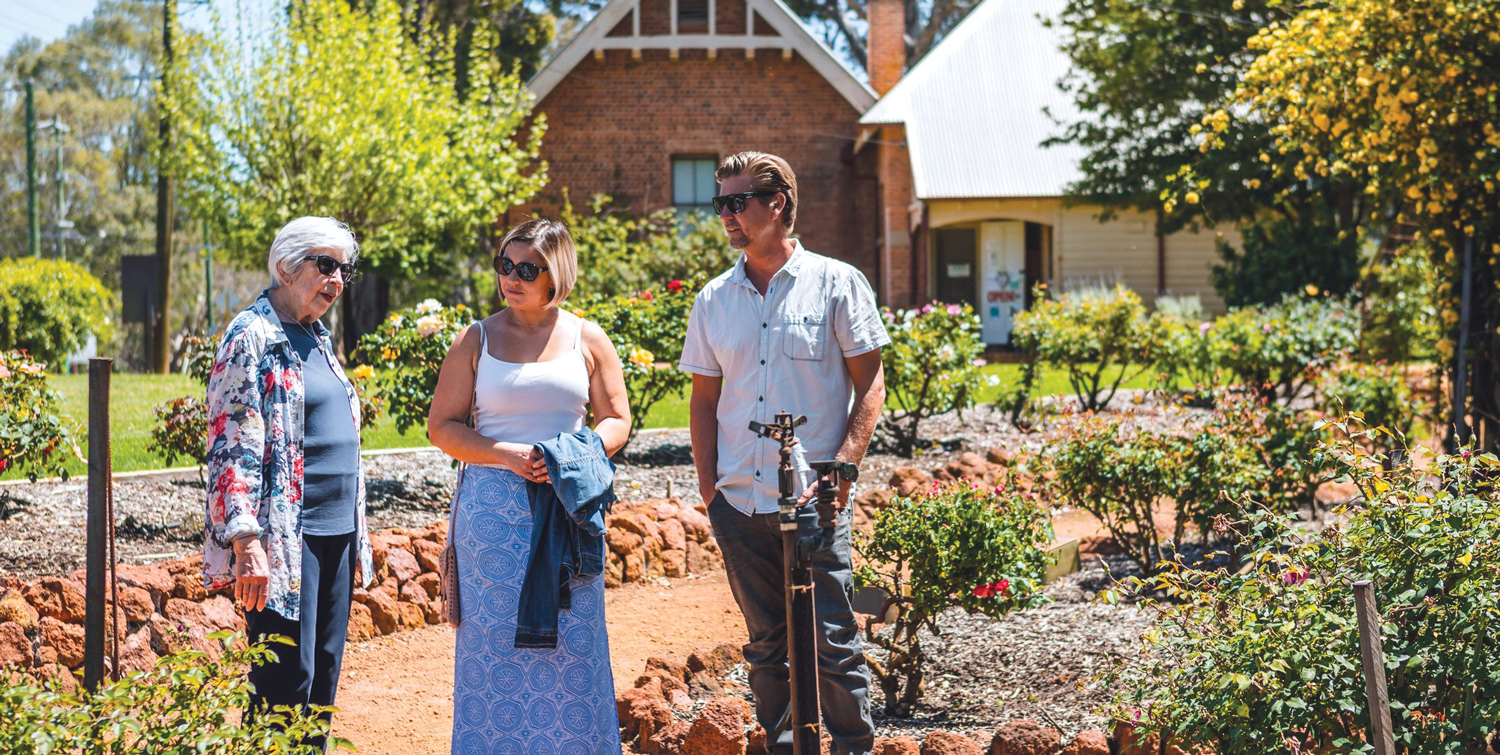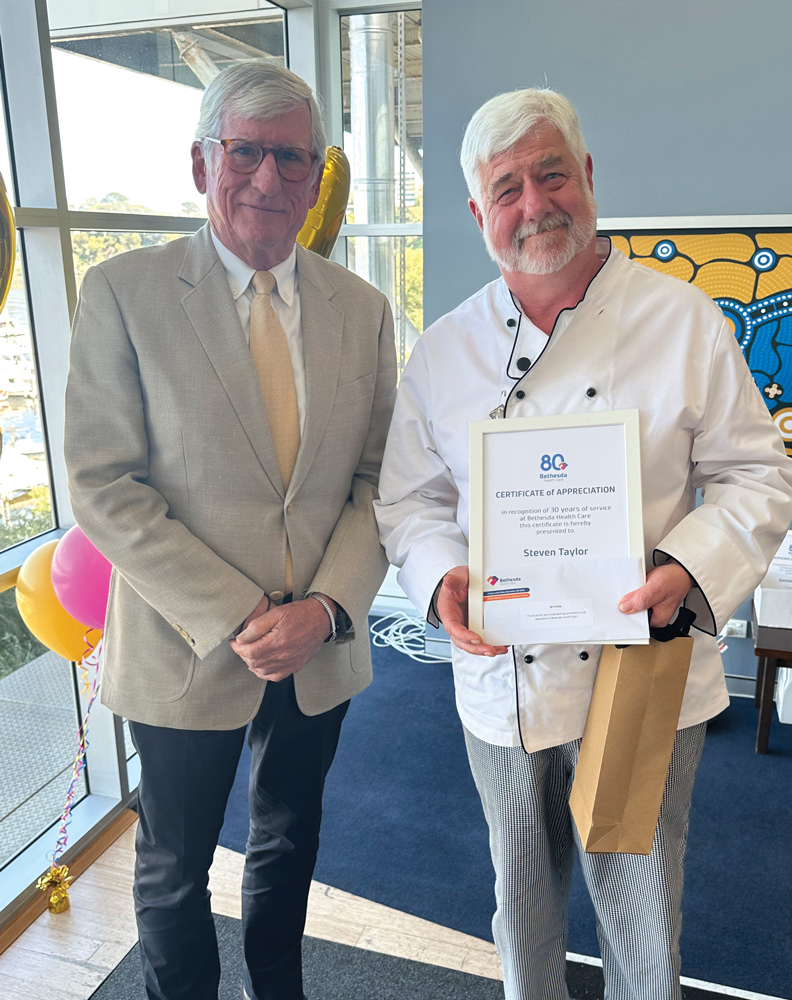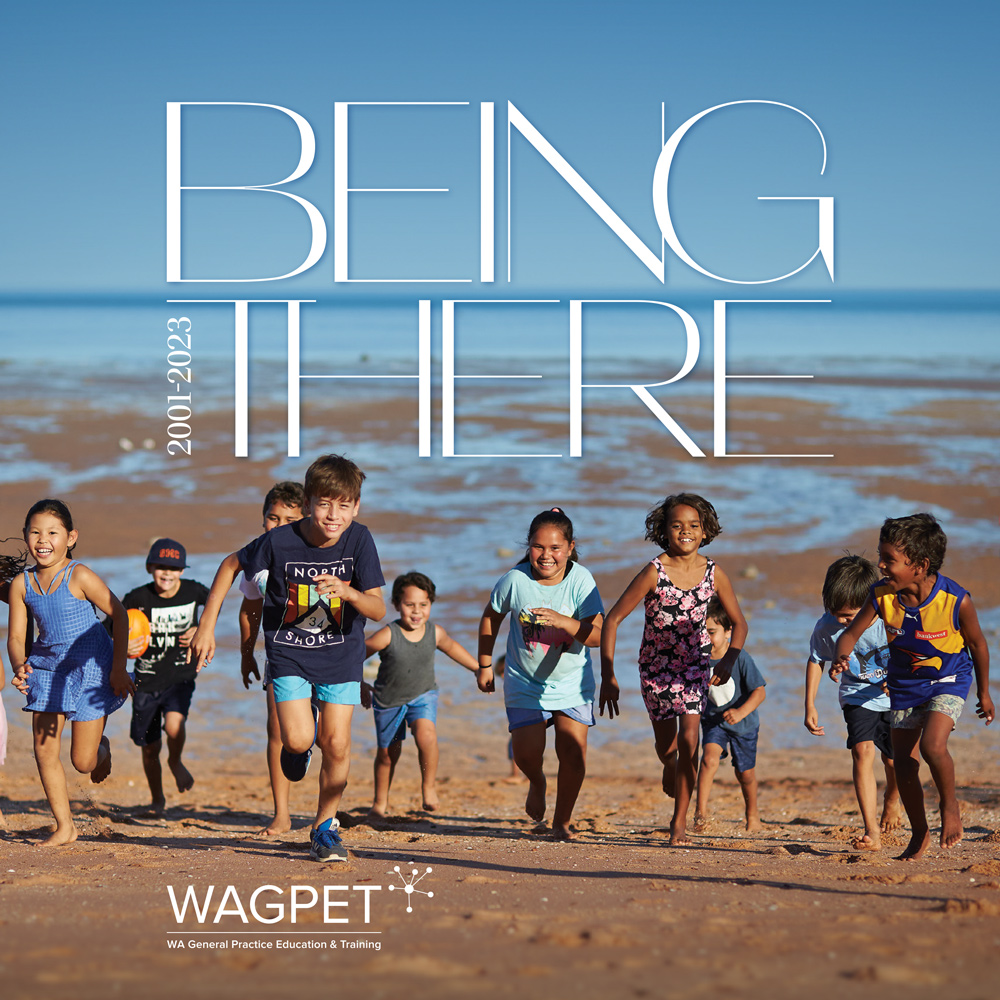 Shire takes the health lead
Shire takes the health lead
The Shire of Murray, which has its administrative base in Pinjarra, has established a multi-agency steering committee to undertake a health and social needs analysis so it can help identify a long-term solution to health care provision for its 18,000 residents.
Shire President, Councillor David Bolt, said the Murray Health Futures Steering Committee had representatives from the Shire, South Metropolitan Health Service, WA Primary Health Alliance and Peel Development Commission.
“With the population expected to grow from 18,000 today to around 71,000 by 2051 – comprising a higher proportion of older residents than Perth – now is the time to identify a suitable long-term solution for future generations,” Cr Bolt said.
“The steering committee will explore opportunities and develop a business case for government consideration. As part of this project, we will be undertaking a health and social needs analysis. This will inform our submission to government, ensuring our proposed solution meets the needs of the people in and around Murray.”
Statistics show, people living in Murray have more long-term health conditions (37%) – such as arthritis, heart disease and lung conditions – than Greater Perth (30%). They also tend to have limited access to public transport.
The health and social needs analysis will begin mid-August and will include broad community and industry consultation through surveys and workshops, and the assessment of official health data.
Residents and health service providers in Murray and the surrounding areas are invited to complete an online survey accessible from the council’s website between 16 August and 22 September.
“We are also inviting residents and service providers from neighbouring local government areas to participate, as we acknowledge our solution may also be of benefit to them,” Cr Bolt said.
“So, if you are in Mandurah, Boddington, Waroona, or Serpentine and Jarrahdale, we also welcome your feedback.”
Ask the patient
Australia will take part in an global study into community-based health care that will explore the outcomes, experiences and satisfaction of patients with chronic diseases who are treated in GP practices.
Australia is one of 20 countries participating in the inaugural Patient-Reported Indicator Survey (PaRIS) Health Survey, an initiative of the Organisation for Economic Co-operation and Development (OECD).
For the first time, patients across the world living with a chronic condition are being asked to share their experiences so that healthcare providers can better understand their needs and in turn, improve care.
The Australian Commission on Safety and Quality in Health Care is implementing the survey here with ORIMA Research, on behalf of the Department of Health and Aged Care. The survey takes about 20 minutes to complete and examines:
- measures of physical and mental health
- experiences of GP consultations
- how health information is communicated.
GP practices across Australia are invited to sign up for the PaRIS Health Survey, open until October 31. 2023. Patients of GP practices who register can take part in the survey.
With nearly half of all Australians having one or more prevalent chronic conditions, Australian patients will have a lot to contribute. The online survey is available in English, Chinese Simplified, Punjabi, Vietnamese, Arabic, Greek and Italian. Support is also available for patients who need help to complete the survey.
Gambling & kids
Gambling and its impact on health is big news. Curtin University researchers are refining their inquiry to the effect gambling advertising has on 16 to 17-year-old West Australians in a series of workshops.
Healthway is funding the Young Voices on Gambling project, which will ask participants to document their day-to-day interface with gambling advertising and then have their say at workshops that will be held through to the end of the year.
Project co-ordinator Louise Francis from Curtin’s School of Population Health said many gambling promotions are visible to children and young people and research shows that they find these ads appealing and have high brand awareness.
“We’ll work with study participants to document what ads they see and their thoughts on the advertising and the marketing strategies used by the gambling industry. These young citizen scientists will then collaborate with us on recommendations for policy to reduce gambling-related harm in the community,” she said.
It is expected that Healthway will receive the report by mid-next year.
Green air
GP Dr Brett Montgomery and respiratory physician Dr John Blakey have done an analysis of inhaler devices on the market to illustrate those that are kinder to the environment. Their research was published in the Australian Journal of General Practice.
With the number of people using the devices for asthma and COPD, Australians use millions of inhalers each year. Apart from the pollution emitted from their manufacture, transportation and disposal, some pressurised inhalers’ propellants use hydrofluorocarbons, which, while ozone safe, are still potent greenhouse gases.
They have found that inhalers other than metered-dose inhalers were kinder on the environment. There is now a wide array of dry powder inhalers on the Australian market and a soft mist inhaler which are free of the HFC propellant gases that make MDIs so polluting.
You can read the full article at https://www1.racgp.org.au/ajgp/2022/december/respiratory-inhalers-and-the-environment
Bethesda celebrates 80 years

Members of the Claremont community came together to celebrate Bethesda Health Care’s milestone 80th anniversary.
Opening in 1943 with 14-beds, Bethesda is now an 86-bed surgical and specialist palliative care hospital with nine state-of-the-art operating theatres, a community palliative care service and a recent historical expansion to a second site mental health hospital in Cockburn.
The anniversary was recognised at the hospital’s annual Celebration Day, which recognises the achievements of the organisation and Length of Service awards. This year, 34 staff were acknowledged for their length of service.
Chef Steven Taylor, pictured here with Bethesda chairman Dominic Bourke) has been with Bethesda for 30 years and and Surgical Ward Manager Sally Winfield and Hotel Services Manager Rohitha Siriwardena were jointly awarded the Matron Beryl Hill Exemplary Professional Practice Award.
US Defense backs WA MND research

Defence departments attract a lot of funding, but the US Department of Defense (USDD) is pushing some back and to the Perron Institute in WA for researchers who are working on a drug for Amyotrophic Lateral Sclerosis (ALS) the commonest form of motor neurone disease.
The USDD grant of $760,000 is a welcome addition to funding secured for the research.
Principal Investigator Dr Sarah Rea, from the Perron Institute and Murdoch University’s Centre for Molecular Medicine and Innovative Therapeutics (CMMIT) said her team would be investigating the mislocalisation and abnormal aggregation of a protein called TDP-43 in surviving neurons.
Co-investigators are Dr Loren Flynn (Perron Institute and CMMIT), Professor Anthony Akkari (Perron Institute and CMMIT), Professor Sue Fletcher (Murdoch University), Professor Brad Turner (Florey Institute) and Associate Professor Rakesh Veedu (Perron Institute and CMMIT).
“Delivery into the central nervous system remains a critical problem for the development of effective neurodegenerative disease therapeutics, and we now have three major grants allowing us to attack this issue from multiple avenues.
“The ongoing support of the Perron institute, the Racing for MNDi Foundation and the WA Health Department has provided the support needed to progress the project and secure this substantial funding,” Dr Rea said.
Cannabis spotlight
Australians living with one of 200 chronic conditions may be eligible to participate in a global study into the impact of medicinal cannabis treatment on health economic outcomes and quality of life for patients suffering from chronic health conditions.
The QUEST Global study, led by Curtin University and sponsored by medicinal cannabis supplier Little Green Pharma (LGP) and HIF health insurer, will assess whether medicinal cannabis reduces the economic impact of chronic disease, by reducing both the number of medications a patient requires and their need for health-care services.
Lead researcher Associate Professor Richard Norman, from the Curtin School of Population Health, said QUEST Global aims to address real health challenges faced by many people living with chronic conditions such as pain, anxiety, insomnia and mood, development or movement disorders.
“Using medicinal cannabis as a treatment option may help to improve their outcomes and reduce their level of suffering and this study is an opportunity to quantify this,” A/Prof Norman said.
“As part of the study, participants can access pharmaceutical-grade cannabis oils and flower medications made locally, as well as consult affordable, independent doctors who are experienced medical cannabis prescribers.
“We hope to gain more information about the benefits of using medicinal cannabis to treat chronic conditions and how we can make these types of medications more economical.”
Nurse scholarships
Following on from the unveiling of the statue of Perth nurse Lieutenant Colonel Vivian Bullwinkel AO MBE ARRC ED FNM FRCNA, the Australian College of Nursing (ACN) has announced that 21 scholarships in perpetuity, known as the ACN Bullwinkel Scholarships, will be granted to honour the memory and sacrifice of the 21 nurses who were massacred at Radji Beach on Bangka Island, Indonesia, in February 1942, along with the sole survivor Lt Col Vivian Bullwinkel.
The scholarships will be for ACN Institute of Leadership and Post Graduate courses. Sponsors include Aspen Medical, Bupa, Serco, Leidos and Boeing and the Federal Government has matched funding with a grant of $1 million.
Nominations for the $10,000 scholarships open in September 2023 and successful candidates will be announced on February 16 – the anniversary of the massacre 82 years ago.
Details on the ACN website.
Keytruda access
The Pharmaceutical Benefits Advisory Committee (PBAC) announced in August that Keytruda (pembrolizumab) will be recommended for subsidy on the Pharmaceutical Benefits Scheme (PBS) for early-stage triple negative breast cancer (TNBC).
Keytruda is one of the first immunotherapies that has shown to be effective for early-stage TNBC. When combined with chemotherapy after surgery, it can reduce the risk of cancer recurrence when compared to chemotherapy alone.
Around 15% of breast cancer diagnoses are triple negative. In Australia, that equates to about 3000 new cases each year.
Being there – and sharing knowledge
 WA has always done things a little differently – we have had to, being a vast land mass with vastly different health needs within it.
WA has always done things a little differently – we have had to, being a vast land mass with vastly different health needs within it.
When this is translated to GP training in WA, which has been one of the state’s, indeed the country’s most pressing need, the turbulent 1980s and 90s of disruptive primary care policy were replace by two decades of a single training organisation – WA GP Education and Training (WAGPET) – which was under the leadership of Dr Janice Bell for 18 of those 20 years.
With training returning to the colleges – and all the complexity that is involved with it – it has left WAGPET to windup, with its highly experienced staff moving to various aspects of the new training system.
But before the doors closed, the organisation has produced a book, Being There.
Dr Bell describes it as a “message stick” to the funders and organisations that are now responsible for GP RG training.
“In preparation for transition and closure, WAGPET wrote this e-book about delivering GP training and workforce (AGPT program) 2001-23 – no topic unaddressed, courageous, honest – lots of wonderful and painful memories, lessons we learned, and lessons yet to learn, especially about the kryptonite that must be addressed if we are ever to be serious about closing the gap for our Aboriginal and rural, remote, and disadvantaged outer urban communities,” Dr Bell says.
“We hope people will enjoy it, and – like us – appreciate the magnificence, adaptability, generosity, and ingenuity of our communities and the profession that serves them.”
You can access an electronic copy of Being There from the WAGPET website at www.wagpet.com.au/about/being-there

